 Stefano Valente The Antiatticist
Stefano Valente The Antiatticist 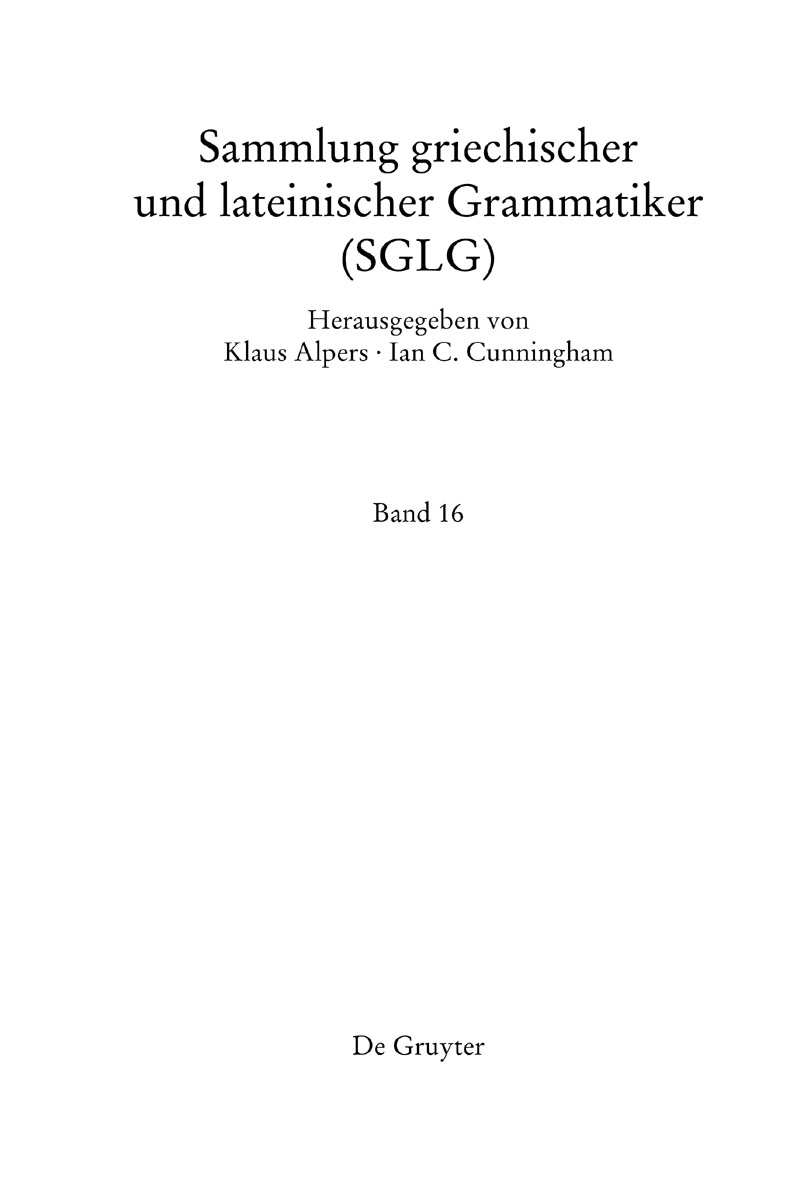
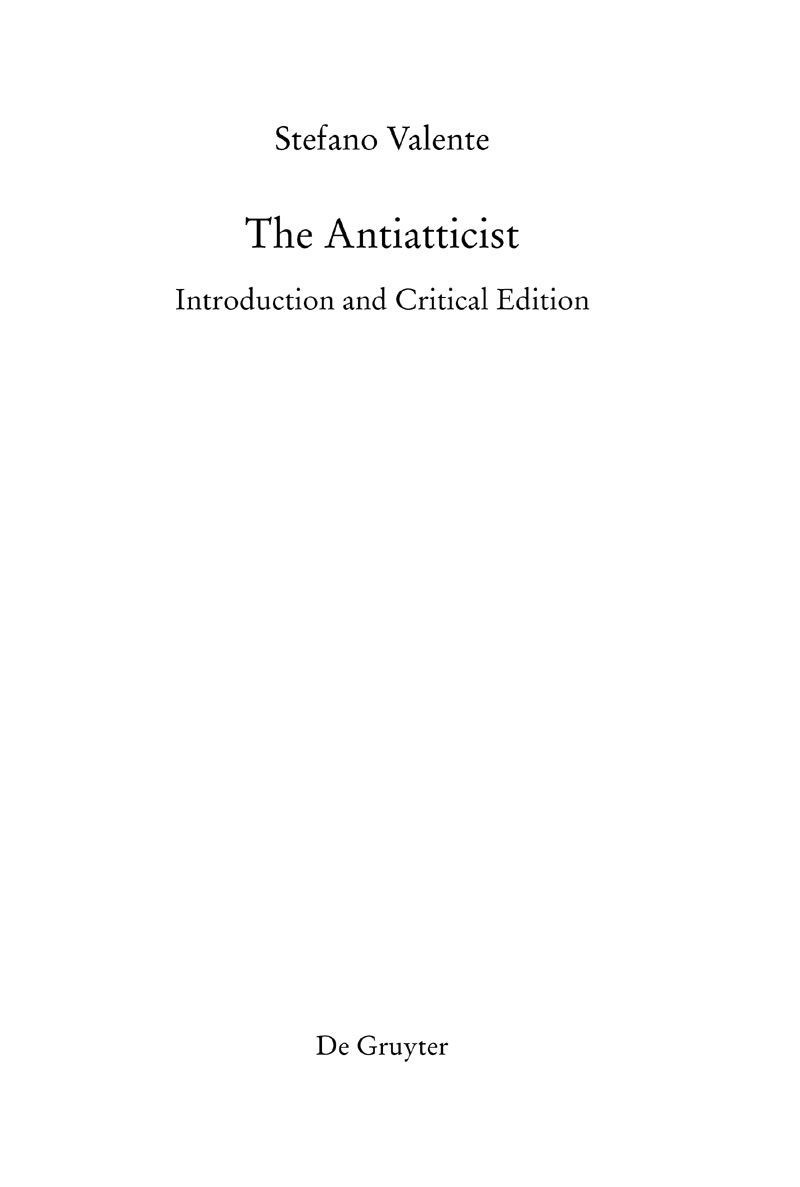 Dieser Band erscheint mit der grozgigen Untersttzung der
Dieser Band erscheint mit der grozgigen Untersttzung der
Alexander von Humboldt-Stiftung Library of Congress Cataloging-in-Publication Data
A CIP catalog record for this book has been applied for at the Library of Congress ISBN 978-3-11-040147-9
e-ISBN (PDF) 978-3-11-040493-7
e-ISBN (EPUB) 978-3-11-040505-7
ISSN 1862-2372 Bibliografische Information der Deutschen Nationalbibliothek
Die Deutsche Nationalbibliothek verzeichnet diese Publikation in der Deutschen
Nationalbibliografie; detaillierte bibliografische Daten sind im Internet
ber http://dnb.dnb.de abrufbar . 2015 Walter de Gruyter GmbH & Co. KG, Berlin/Boston www.degruyter.com
Contents
Preface
In 1911 Ulrich von Wilamowitz-Moellendorff stated the need for a modern edition of the anonymous lexicon attributed to the so-called Antiatticist, which was first transcribed in its entirety from the Paris manuscript Coislin 345 in 1814 by Immanuel Bekker. In 2011 I began my work on this lexicon at the Institut fr Griechische und Lateinische Philologie at the University of Hamburg thanks to a two-years research fellowship generously granted by the Alexander von Humboldt-Stiftung. About one year before, Klaus Alpers offered me the opportunity to work on this lexicon, and Christian Brockmann warmly encouraged my application for the fellowship with keen enthusiasm. At the University of Hamburg I enjoyed a warm welcome and the possibility of attending to the edition in an open-minded and stimulating atmosphere.
This book now represents the results of my research as Humboldtstipendiat: it is the first critical edition of this lexicon dating to the second half of the 2 nd century CE, as Kurt Latte demonstrated in 1915. The history of the text, the profile of this work and its relationship with the surviving Atticist lexicography are discussed in the introduction. In the apparatuses to the critcal text, I have critically selected all the materials which I deemed useful for the interpretation of each entry taking into account the importance of this lexicon in a variety of perspectives. Writing a commentary was, for the moment, not my aim. Until now the text has been generally read searching for quotations from works which are no longer extant, or according to a linguistic point of view. Few scholars studied it in the context of Atticism, and probably nobody considered it per se, also because of the drastically shortened version which survives.
For this lexicographical work, and more generally for all the Greek lexica and scholia, only a patient and careful reading of the text can avoid misinterpretations and improvisations. During the preparation of this book I contracted many debts of gratitude. First of all I would like to thank the Alexander von Humboldt-Stiftung for the financial support to my research stay in Hamburg and to the printing costs. I warmly thank Klaus Alpers and Ian Cunningham for their support to my research project and for having accepted the result in the series Sammlung griechischer und lateinischer Grammatiker . Their valuable suggestions and necessary corrections sensibly improved my work at every stage of it. Ian Cunningham also patiently revised my English.
I would also like to remember the weekly meetings with Professor Alpers and the fruitful discussions with him. Many thanks also to the publisher Walter de Gruyter, and in particular to Katrin Hofmann, Serena Pirrotta, Florian Ruppenstein, and Andreas Vollmer. I wish to express my gratitude also to Christian Brockmann who encouraged my work following it constantly. He kindly introduced me into the academic world of Hamburg, also proposing that I join from my very first days here the newly established Sonderforschungsbereich 950 Manuscriptkulturen in Asien, Afrika und Europa. In the associated Centre for the Study of Manuscript Cultures I was able to enjoy a new interdisciplinary approach and to discuss with profit some first drafts of my research. Tiziano Dorandi, Marco Ercoles, and Barbara Fero generously read and commented upon first versions of this work.
Of course, the mistakes that remain are only mine. Other debts of gratitude are owed to some colleagues and friends who supported my research in different ways: Gerard Boter, Antonio Carlini, Giuseppe De Gregorio, Christian Frstel, Augusto Guida, Dieter Harlfinger, Rudolf Kassel, Vito Lorusso, Franco Montanari, Lorenzo Perilli, Rachele Pierini, Christina Savino, Renzo Tosi, Olga Tribulato, and Giuseppe Ucciardello. I would also like to thank the Library of the Institut fr Griechische und Lateinische Philologie (University of Hamburg), and particularly Andrea Beilfu-Ashour. My parents Lina and Fedele are a constant presence in supporting my decisions in life and work from my hometown Omegna, and they deserve to be mentioned here with special gratitude. Marja Helena has been standing by me during the composition of this work sharing all the good and difficult moments.
St. | St. V. | Hamburg, December 2014 |
Ancient and Byzantine Authors and Works | Ael. Dion. | = | Aelii Dionysii Atticistae fragmenta, ed. Erbse, Untersuchungen 95151 | | Ammon. | = | Ammonii qui dicitur liber de adfinium vocabulorum differentia, ed. Klaus Nickau, Lipsiae 1966 | | [Ammon.] impr. | = | De impropriis, in Ammon. pp. 137153 | | An. Boisson. | = | Anecdota Graeca e codicibus Regiis, descripsit annotatione illustravit Jean Fr. Boissonade, IIV, Parisiis 18291832 | | An. Gr. | = | Immanuelis Bekkeri [] Anecdota Graeca, IIII, Berolini 1814 1821 | | An. Gr. Ba. | = | Anecdota Graeca e codd. Bibl. Reg. Reg. Parisin., descripsit Ludovicus Bachmannus, III, Lipsiae 1828 | | An. Ox. | = | Anecdota Graeca e codd. manuscriptis Bibliothecarum Oxoniensium, descripsit John A. Cramer, IIV, Oxford 18351837 | | An. Par. | = | Anecdota Graeca e codd. John A. John A. Cramer, IIV, Oxford 18391841 | | Antiatt. | = | Antiatticista, see p. 3 n. 7 | | Ap. Dysc. | = | Apollonii Dyscoli quae supersunt, recensuerunt, apparatum criticum commentarium indices adiecerunt Richardus SchneiderGustavus Uhlig, Gr. Gr. II/13, Lipsiae 18781910 | | Ap. Soph. | = | Apollonii Sophistae lexicon Homericum, ed. Immanuel Bekker, Berlin 1833; : Kurt Steinicke, Apollonii Sophistae lexicon Homericum, Diss. Gottin gae 1957 | | Apion | = | Apionis Glossae Homericae, ed. Arthur Ludwich, ber die homerischen Glossen Apions, Philologus 74, 1917, 205247; ibid. 75, 1918, 95127 (LGM 283358) | | Apostol. | = | , in CPG II 231 744 |
|
Next page
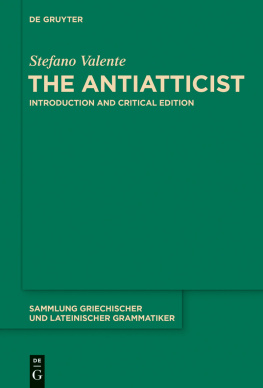
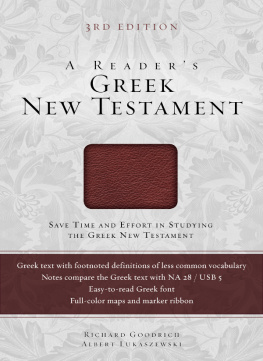

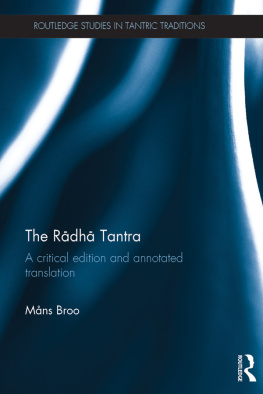
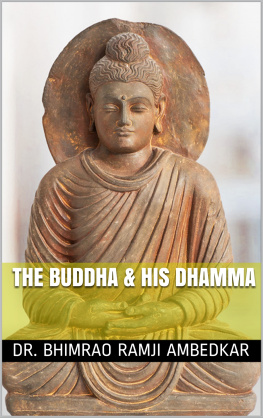

 Stefano Valente The Antiatticist
Stefano Valente The Antiatticist 
 Dieser Band erscheint mit der grozgigen Untersttzung der
Dieser Band erscheint mit der grozgigen Untersttzung der